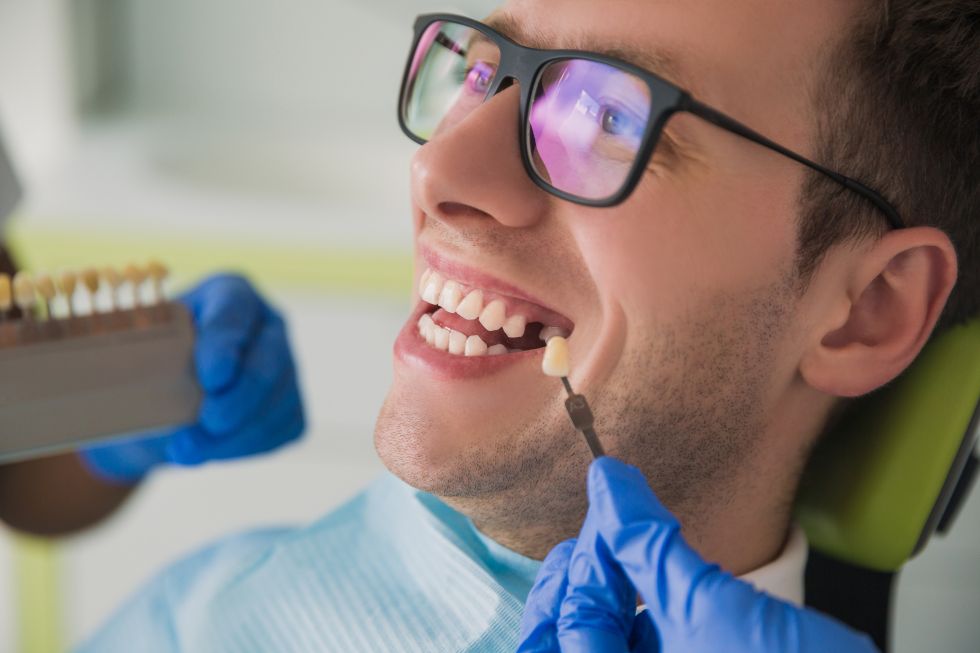How to Avoid Dental Implant Failure
September 18, 2025

Over the years, dental implants have earned a solid reputation for stability. In fact, they have a nearly 95 percent success rate, even ten years after their initial placement. Unfortunately, however, despite this stellar track record, they still do carry a risk of failure. Here are a few ways you can protect your newly restored smile and give your prosthetics the best odds to last a lifetime!
Making the Most of Your Dental Implants
In addition to providing you with a beautiful, complete smile, your dental implants also provide valuable jawbone stimulation that can help maintain your oral and overall health. To keep them in great condition so they protect you for as long as possible, your dentist recommends the following:
- Be sure to brush your teeth twice a day with non-abrasive toothpaste and a soft-bristled toothbrush.
- Floss daily.
- Never use your teeth as tools; only use them for food.
- Get a mouthguard if you grind your teeth or play sports.
- Don’t use tobacco products of any kind.
- Visit your dentist every six months for your regular check-ups and cleanings.
- Follow your dentist’s after-care instructions after placement surgery.
What Causes Dental Implant Failure?
There are many things that could potentially cause your dental implants to fail; however, the good news is that most of them are preventable. The two main causes of this are peri-implantitis and failed osseointegration. Peri-implantitis is similar to gum disease and is frequently caused by poor oral hygiene, while failed osseointegration usually occurs shortly after placement.
Other causes of dental implant failure include injury to the implant site, infection, and even radiation from treatment for certain medical conditions.
Warning Signs Your Dental Implant May Fail
Although it’s not common, dental implant failure is still possible. Here are a few important warning signs to look out for:
- Loose dental implants.
- Receding gums around your dental implant.
- Sensitivity, pain, or discomfort around the implant.
- Pain or difficulty chewing.
- Redness or swelling around the implant site.
If you do notice any of these symptoms, contact your dentist as soon as possible. The sooner you can be treated, the better the odds that your dental implant will survive.
Remember, dental implants do have an incredibly high success rate, but they also have a chance of failure, even decades after placement. Thus, be sure to take care of your smile, and let your new prosthetics will have a fighting chance for survival!
About Dr. Davidson
Dr. Wanda Davidson earned her DDS degree and completed an additional three years of post-graduate studies in prosthodontics at the University of Maryland College of Dentistry, as well as a fellowship in implant prosthodontics with an emphasis on surgical prosthetic implants. She was also honored at the Howard University College of Dentistry with the title of Best Clinical Instructor for two years in a row! Today, Dr. Davidson is passionate about continuing her education and is especially keen to learn about advanced prosthodontic treatments. To schedule an appointment at Davidson Dental Association for dental implants, visit our website or call us today at 202-775-0022.
No Comments
No comments yet.
RSS feed for comments on this post.
Sorry, the comment form is closed at this time.
